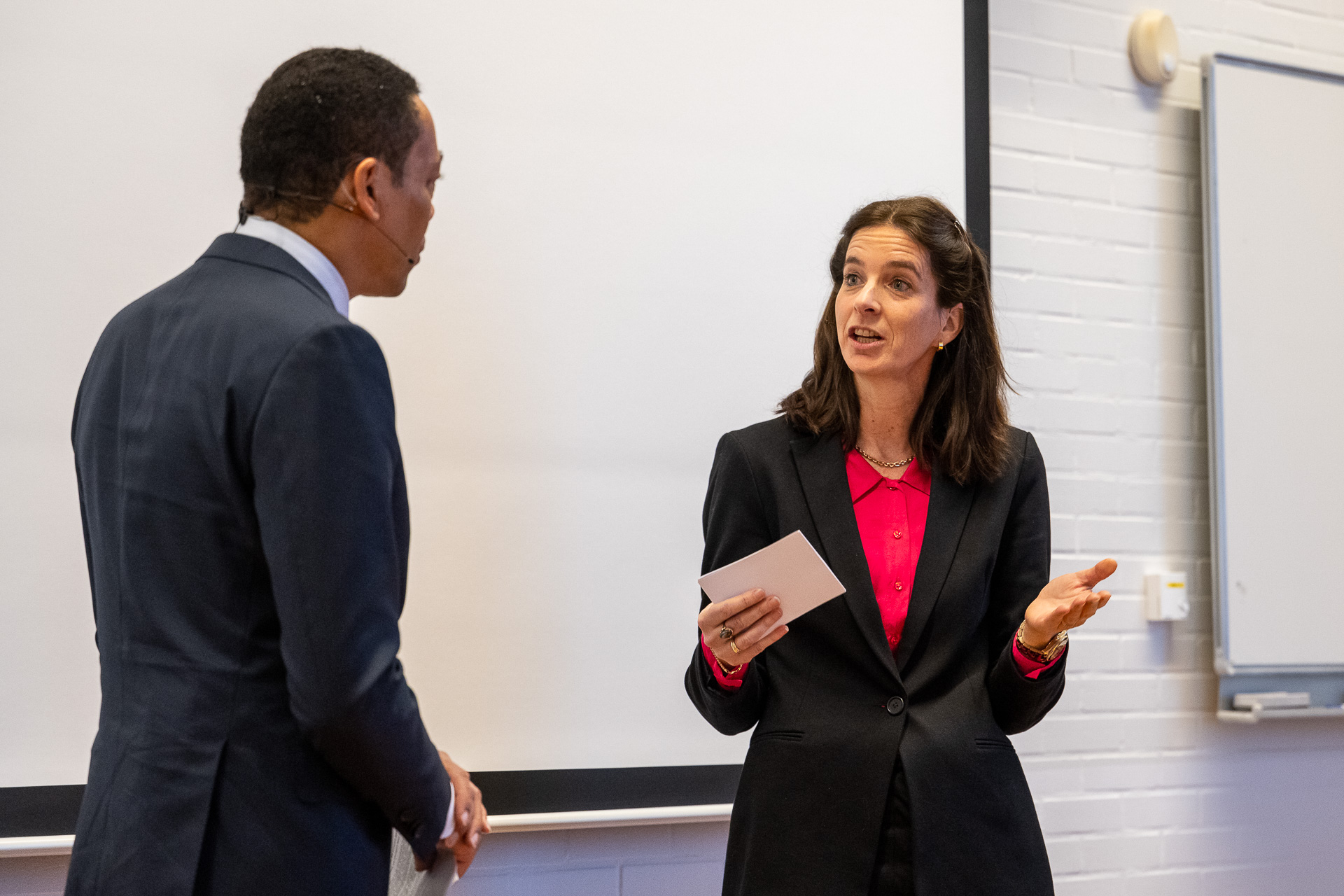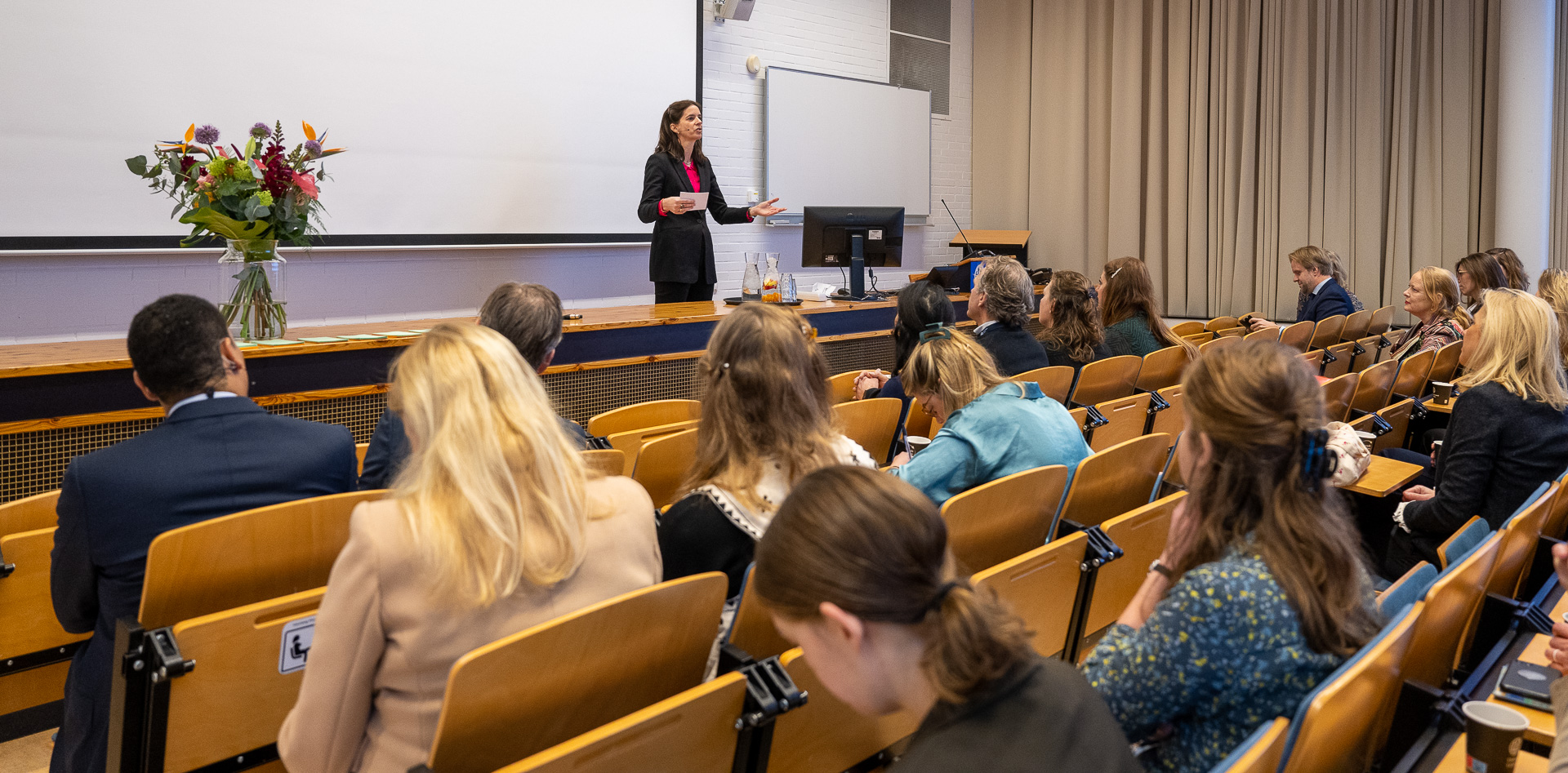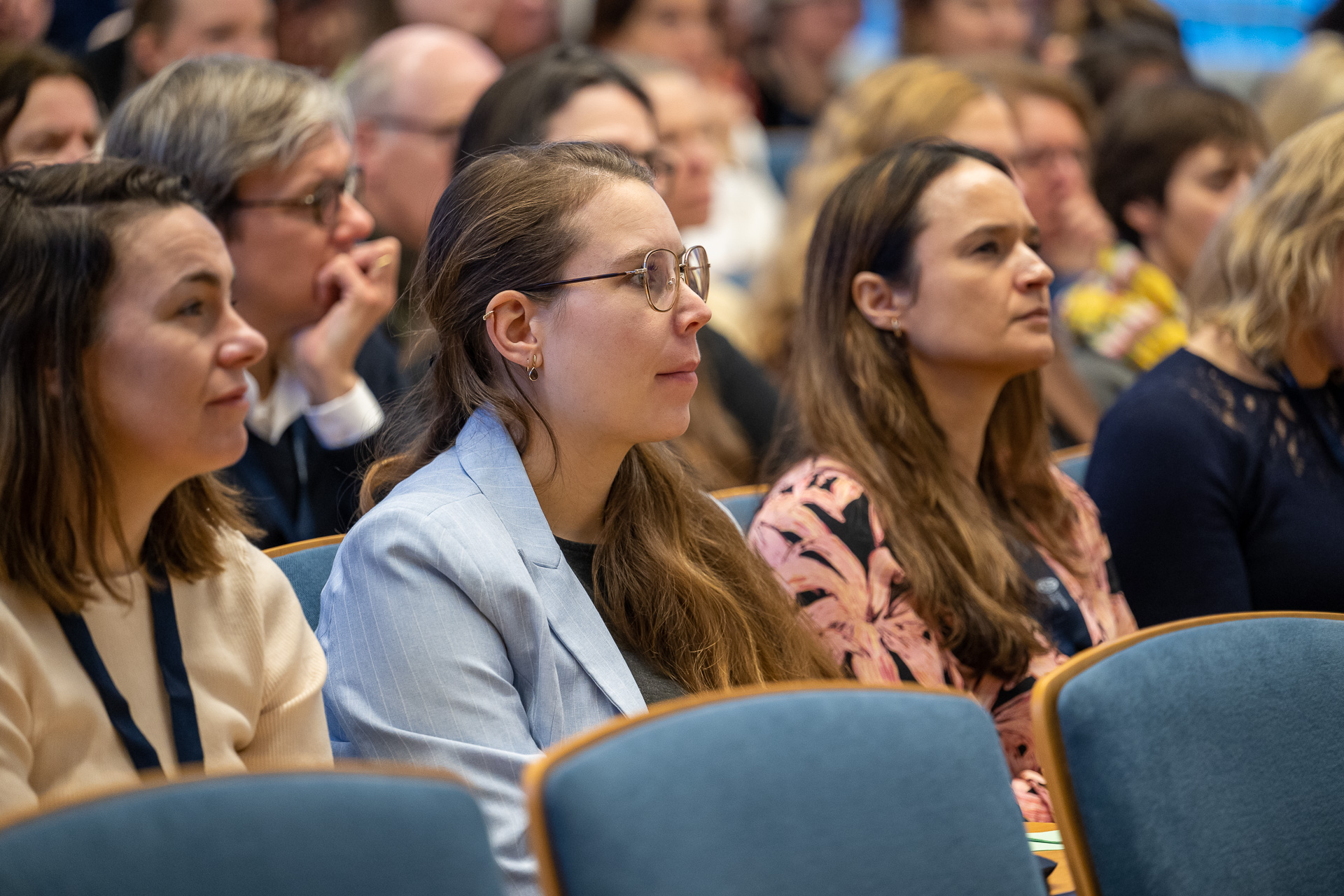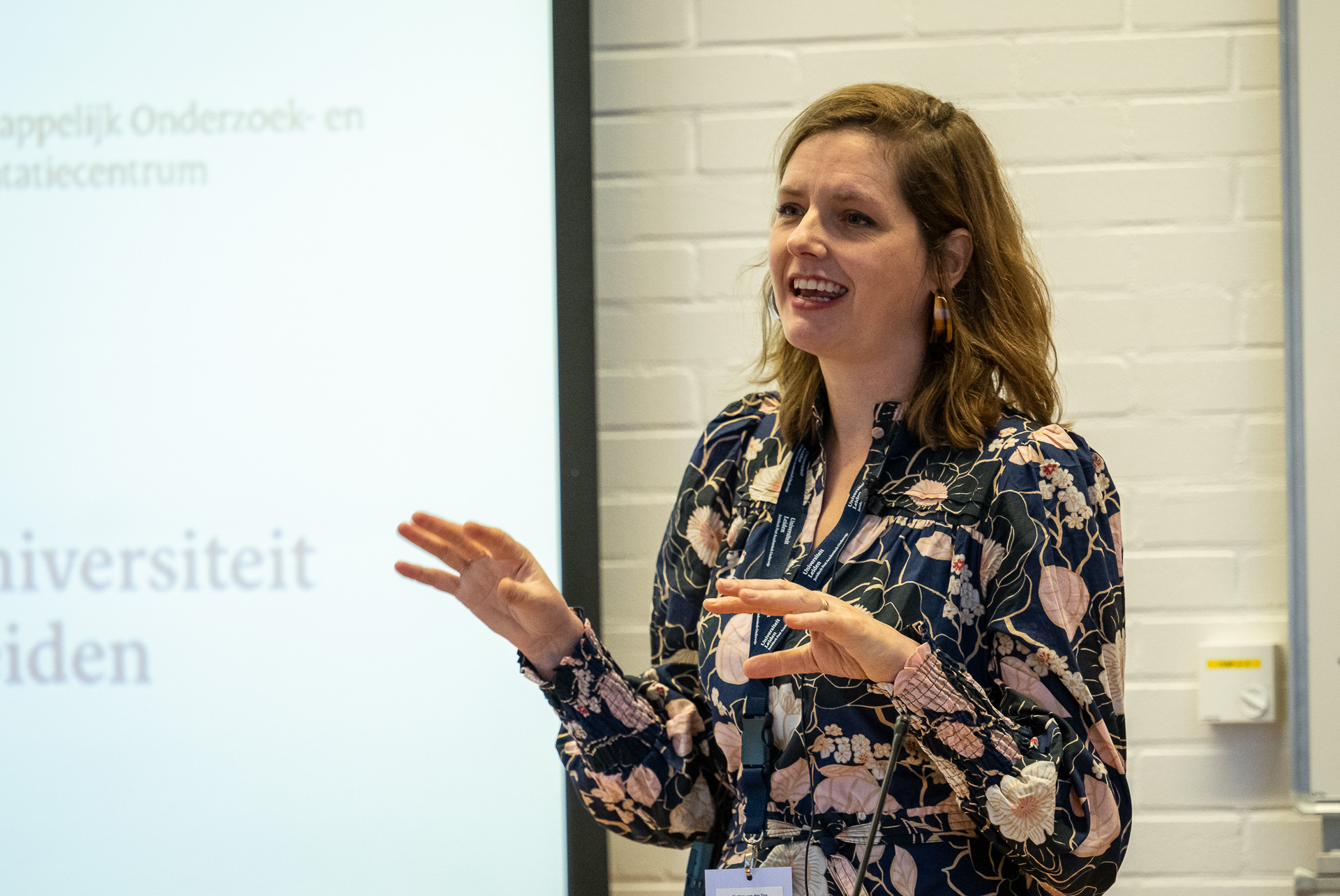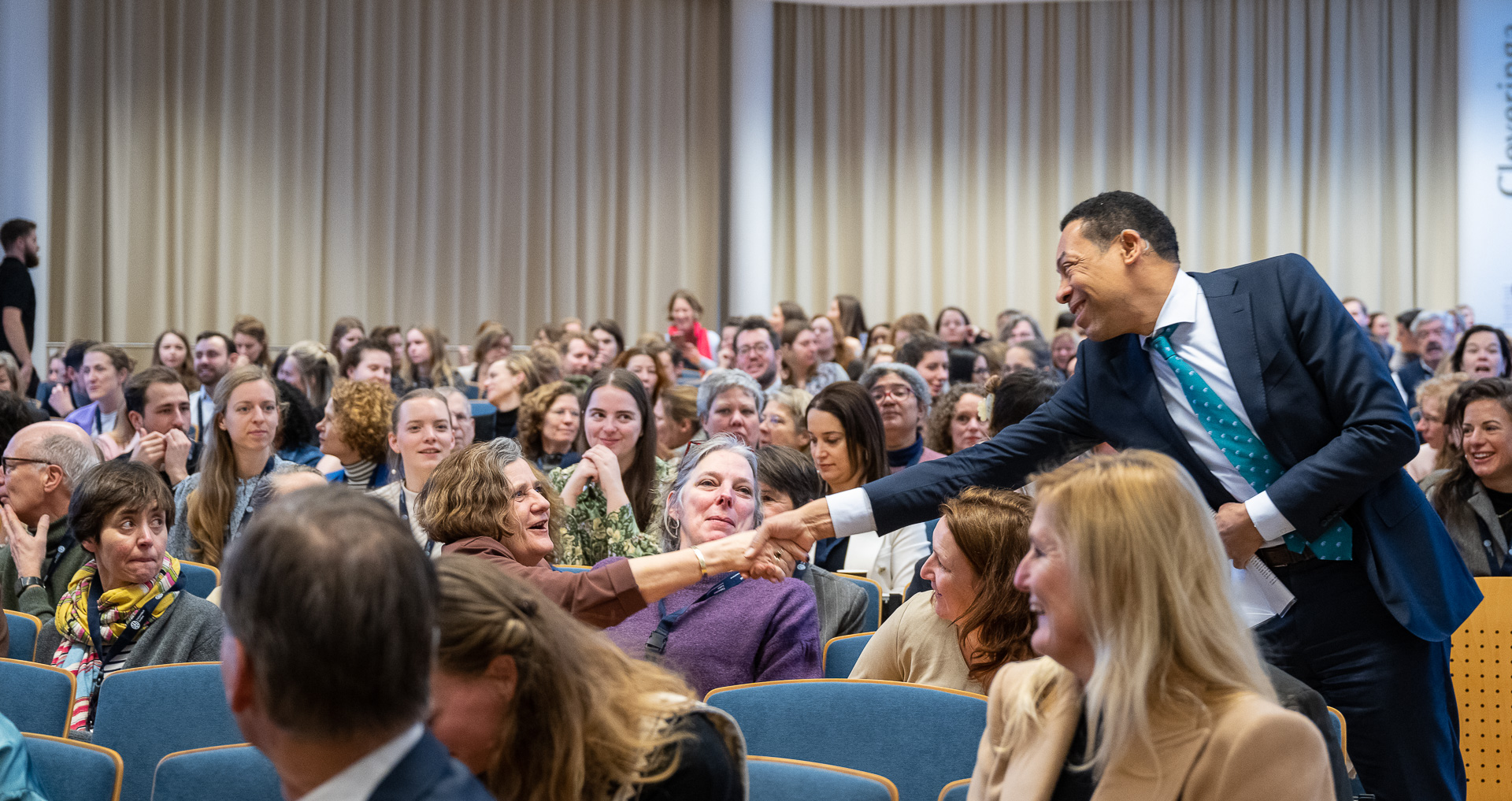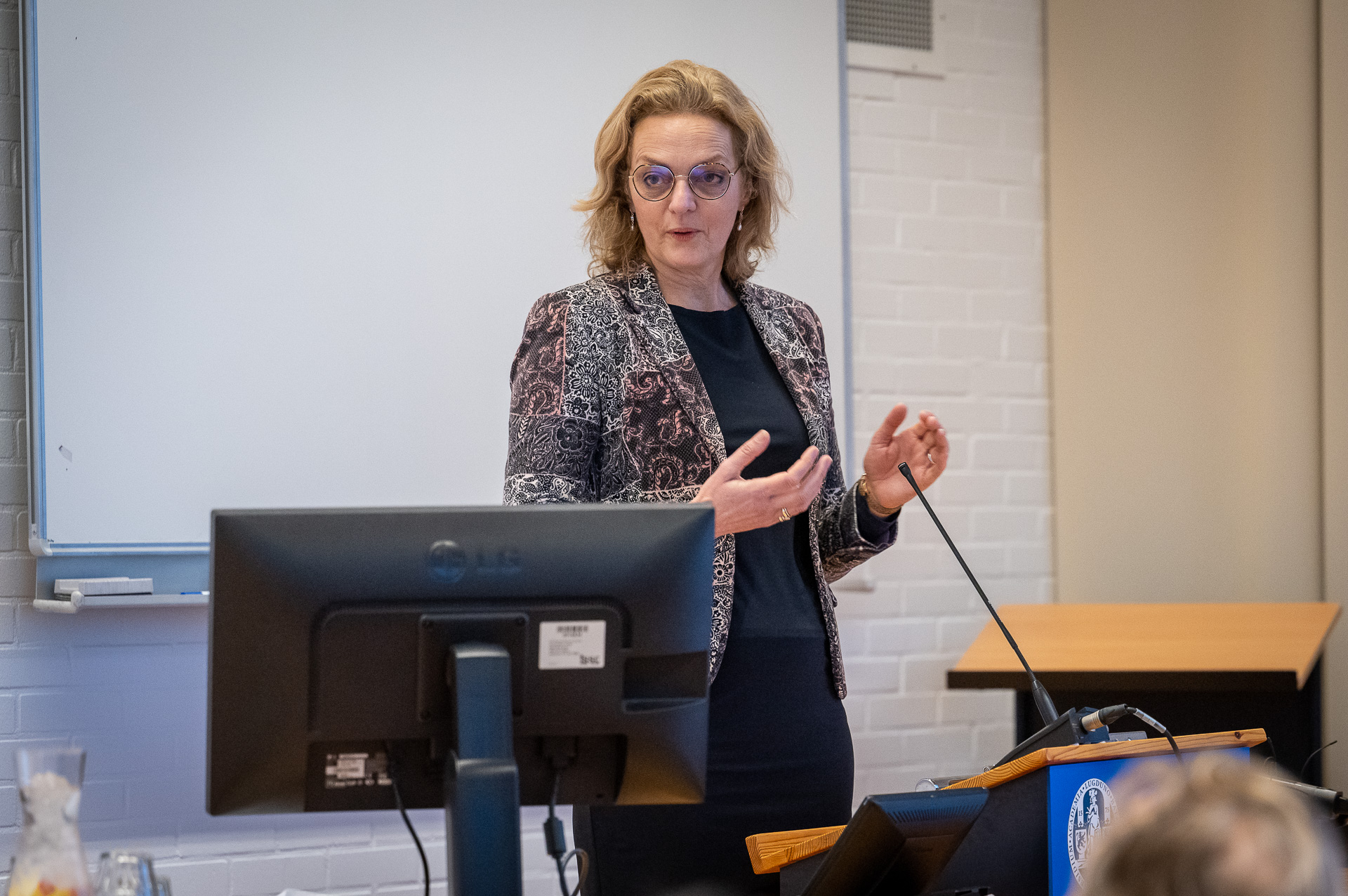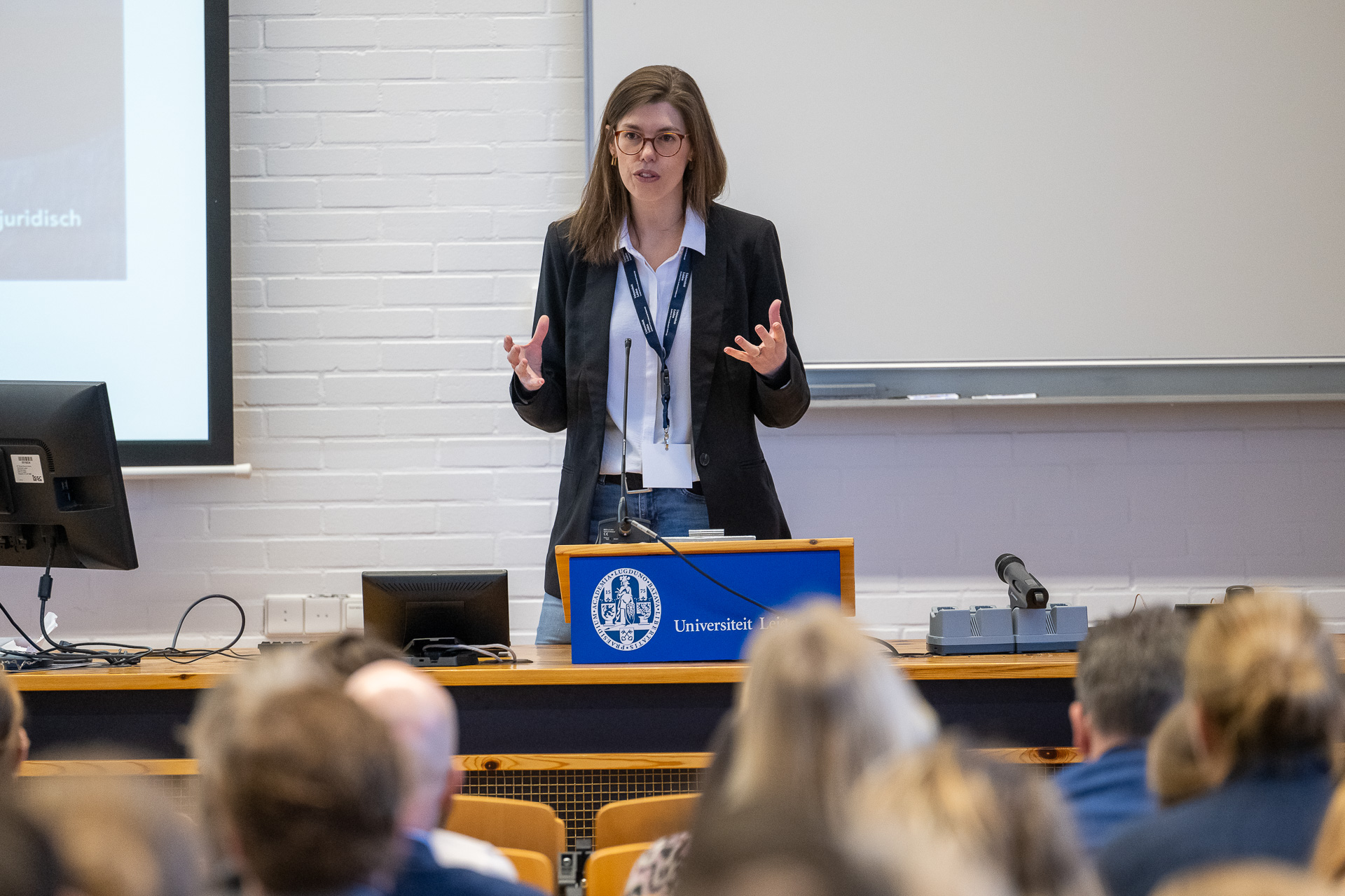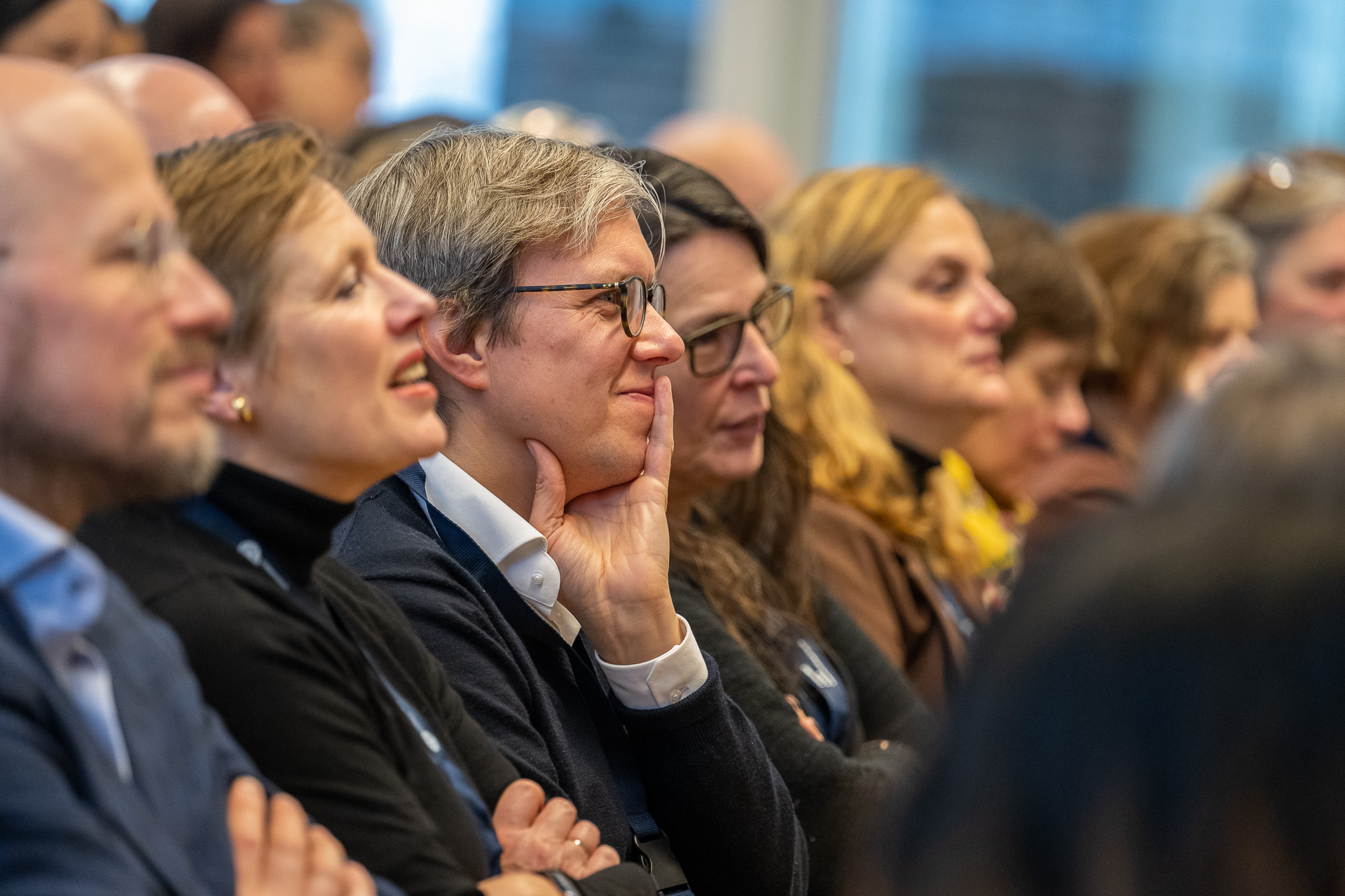
'The system is failing', 'the goals are only being achieved to a limited extent', 'we're letting children down'. These are some of the newspaper headlines that followed the publication of a report by researchers from Leiden University in September. Commissioned by the Dutch Research and Documentation Centre (WODC), they had evaluated the Child Protection Act which was introduced in 2015. The ensuing highly critical report offered necessary recommendations for thorough changes to the system. It also prompted a large turnout at the conference on the final evaluation of the Child Protection Act that was held at the Kamerlingh Onnes Gebouw in Leiden on 20 January.
Time for action
The Conference was opened by the Dutch Minister for Legal Protection, Franc Weerwind, who expressed his gratitude for the highly critical report written by the researchers. 'I am grateful for the clarity of the recommendations, and the role of the University in highlighting the position of the ministry. We are talking about vulnerable parents and children here - children who say they are not being heard. It is important that as the "hands-on" experts, we talk with children and not about them. Therefore, we will set to work on the recommendations. We must not hesitate, it's time for action.'

Huge impact and difficult to comprehend
An important speaker at the conference, and a clear supporter of this sentiment, was Hanne Hollestede. For a large part of her life, she was involved in the youth protection system and on several occasions was placed in care and then returned home. She now often speaks with young people who find themselves in a similar situation. 'For children, the whole process of being placed in care has a huge impact and is difficult for them to comprehend. They don't see the effect of their own views. There are also few opportunities when a child can decide what kind of help it wants.' She said that this situation leads to a feeling of being powerless: 'It is difficult to decide when and where a child can have a voice. So it is most important that young people are supervised so that they can learn how they can indicate what kind of help they want and need. Give children a voice in this process.'

Start at the source
Mariëlle Bruning, Professor of Children and the Law and one of the authors of the report, highlighted the problems surrounding the law on placement in care. 'It is solely focussed on protecting the children. But what do you need to protect the child from? An unsafe situation at home? That's the source of the problem and also where we should start to solve it. First of all, see if something can be done about the unsafe situation at home before you place a child in care and then later return them. That is hugely damaging to both parent and child.'
Keep talking
Following the plenary lectures, the conference offered a wide range of workshops where participants could talk more about topics in the report and consider recommendations. For instance, there was a discussion on the effectiveness of legal aid in cases concerning placement in care; a measure recently announced by Minister Weerwind. Another workshop dealt with the passive role of the Dutch juvenile courts. Does they perhaps have too few powers? And in another room, the issue surrounding 'voluntary help with placement in care' was discussed. Indeed, the research report showed that parents often experience this 'voluntary' help as coercion. Bruning stressed the importance of such conversations: 'Everything discussed at these workshops will be communicated to the ministry.' In this way, Bruning hopes to keep the dialogue alive. 'Once published, many reports end up in a desk drawer. I think it's wonderful that based on this report, we did engage with each other and can continue to hold this discussion. It is vital that we don't stop after this, but keep talking about these issues.'
Text: Mireille van der Stoep
Photos: Monique Shaw

